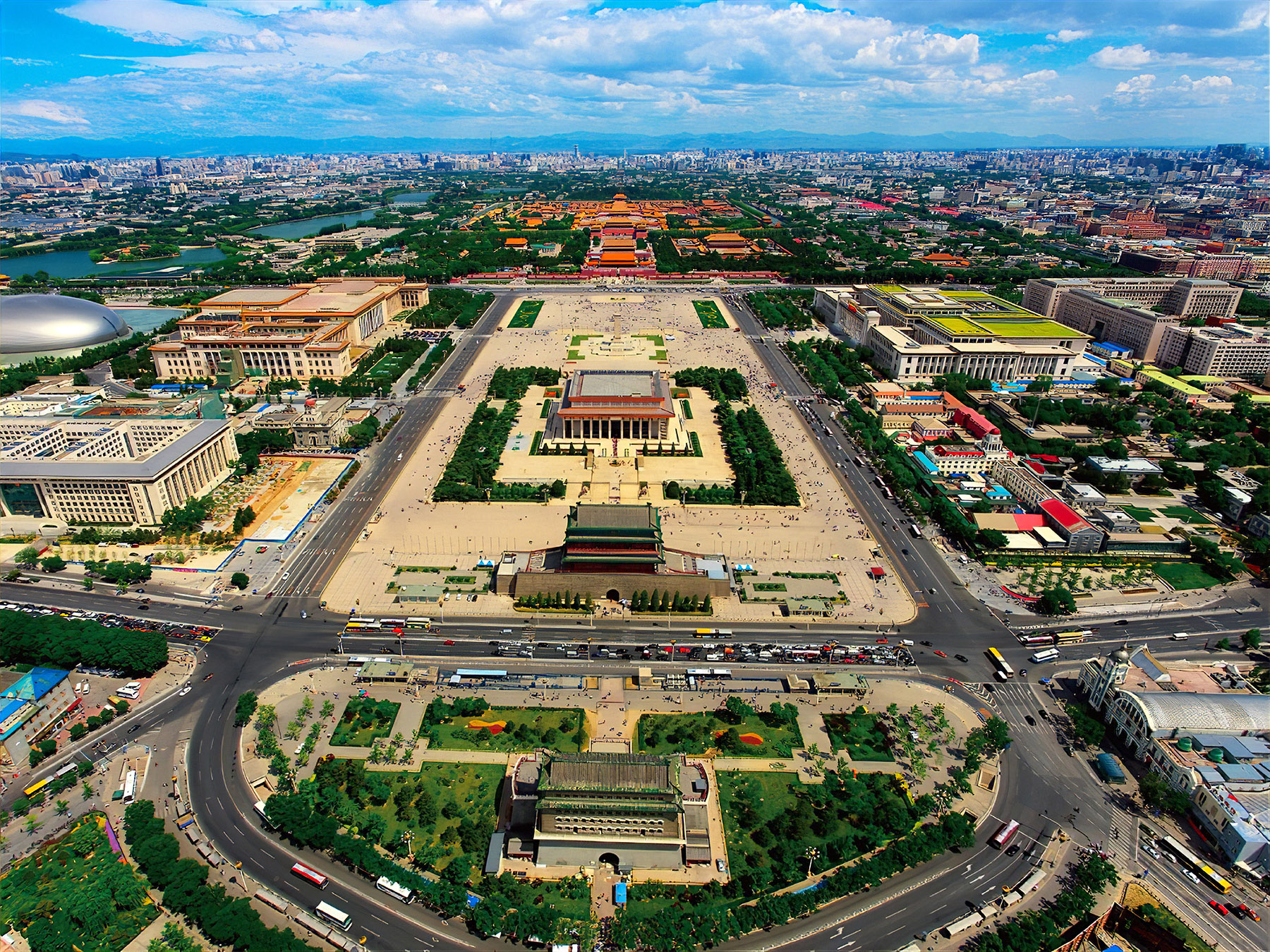
Beijing's annual average concentration of PM2.5, the fine particulate matter measured as a key indicator of air pollution, stood at 30.5 micrograms per cubic meter for the last year, and the city saw its highest number of good air quality days since recording began, totaling 290 days, according to the municipal government on Friday.
Compared to 2013, the annual average concentrations of major air pollutants decreased by more than half in 2024, with PM2.5 showing a massive drop of 65.9 percent, said Wang Xuantong, head of the environmental monitoring division of the Beijing Municipal Ecology and Environment Bureau, at a press conference on Friday morning.
ALSO READ: Beijing plans global hub for green economy
Beijing met the national second-level standard for air quality for the fourth consecutive year.
"It's remarkable that Beijing has achieved improvement in ecological and environmental quality while pursuing high-quality economic and social development at the same time," said Wang.
Liu Baoxian, deputy director and spokesman of the bureau, displayed two contrasting photos of the Great Wall by one photographer during the press conference, illustrating a stark difference in the visibility of blue skies and white clouds at the same location.
READ MORE: Beijing to share air pollution clean-up practices with Bangkok
He said that under a clearer sky, the Great Wall appears more majestic and beautiful, attributing Beijing's environmental improvement to the collective efforts of every individual in the city.
The bureau also announced that high-tech, including big data and AI, contributed to the city's finer air and ecological improvement.


